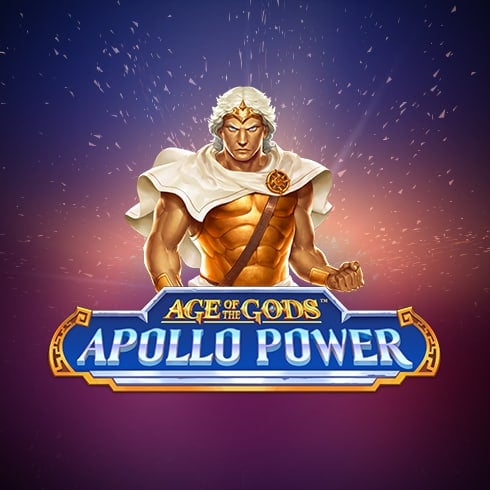In exploring these narratives, we gain insights into the inherent tensions within the human experience: the struggle between desire and duty, the conflict between chaos and order. Such themes resonate throughout history, emphasizing that the Age Of The Gods Apollo Power is not merely a bygone era, but rather an enduring influence that continues to inspire reflection on our own lives today.
The Age Of The Gods Apollo Power as a Symbol of Enlightenment and Creativity
Apollo’s role extends far beyond that of a mere deity; he is a symbol of enlightenment, intellect, and creative expression. These themes have persisted through the ages, impacting various aspects of human culture, and continue to resonate in modern society nhà cái 8KBET.
The Relationship Between Apollo and the Arts
The connection between Apollo and the arts is perhaps the most profound expression of his divine power. As the muse of creativity, Apollo has been an inspiration for countless artists, poets, and thinkers throughout history.
In ancient Greece, artistic endeavors were often seen as sacred acts, channels through which divine inspiration could flow. This belief positioned Apollo as the ultimate patron of the arts, reinforcing the notion that creativity is a divine gift. Many scholars assert that the flourishing of arts during the Classical period was intrinsically linked to Apollo’s influence, as artists sought to reflect his qualities of beauty, harmony, and harmony.
The Renaissance marked another resurgence of Apollo’s symbolism. Artists like Michelangelo and Raphael drew upon Greco-Roman mythologies, incorporating Apollo’s imagery into their works to denote higher ideals of beauty and enlightenment. This revival highlights how Apollo continues to represent the aspirational qualities that define humanity’s quest for understanding and expression.
Such connections remind us that the Age Of The Gods Apollo Power persists in the modern context—an enduring legacy that continuously inspires our creative pursuits. Today, we see Apollo’s essence reflected in various forms of expression, from literature to visual arts and even modern music. The search for beauty, meaning, and connection through the arts is a testament to Apollo’s timeless influence.
Apollo and Philosophy
In addition to his association with the arts, Apollo plays a significant role in the realm of philosophy. Throughout antiquity, philosophers sought to understand the principles that govern existence, morality, and knowledge.
As the god of prophecy and wisdom, Apollo represents the pursuit of truth and the quest for knowledge. Different schools of thought—especially the Socratic tradition—emphasized the idea that knowledge brings forth clarity and enlightenment. The Delphic maxim “Know Thyself,” attributed to Apollo, underscores the importance of self-awareness and introspection, encouraging individuals to engage in critical thinking.
This philosophical lineage continued to flourish during the Enlightenment, where reason became a foundational pillar for societal advancement. Figures like Voltaire and Rousseau invoked themes reminiscent of Apollo’s ideals, promoting the value of intellectualism and individual freedom. The relationship between Apollo and philosophy illustrates how divine power can manifest as a guiding force in the human experience, inspiring generations to question, explore, and create.
The Modern Interpretation of Apollo
Today, Apollo’s symbolism continues to resonate in contemporary culture. The emphasis on creativity, innovation, and enlightenment remains influential as we navigate the complexities of modern existence.
In the realm of technology, Age Of The Gods Apollo Power spirit can be seen in the pursuit of scientific advancements and breakthroughs. The modern quest for knowledge mirrors the ancient ideals he embodied, pushing boundaries and challenging traditional ways of thinking. Just like the ancient Greeks sought answers through oracles and prophecies, today’s society engages in empirical research and exploration, striving to uncover the mysteries of our world.
Moreover, Apollo’s influence can be felt in the growing appreciation for the arts in contemporary culture. As society grapples with issues of identity and representation, artists draw upon Apollo’s legacy to express their narratives and challenge norms. Through various mediums, they channel the god’s spirit, echoing the belief that art serves as a powerful tool for enlightenment, social commentary, and healing.



